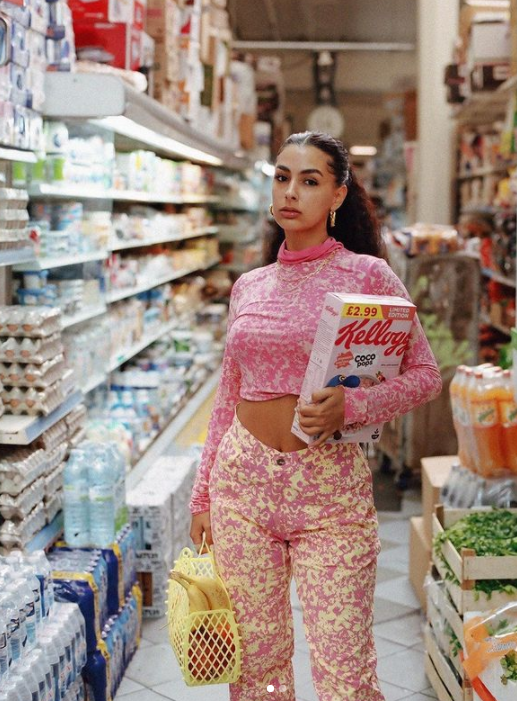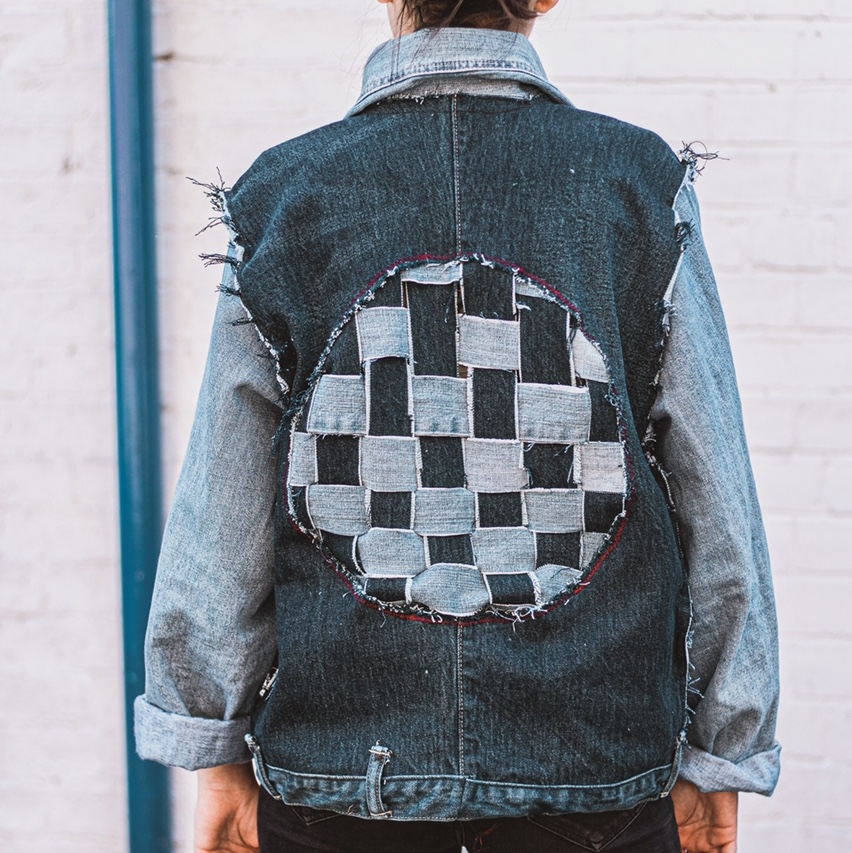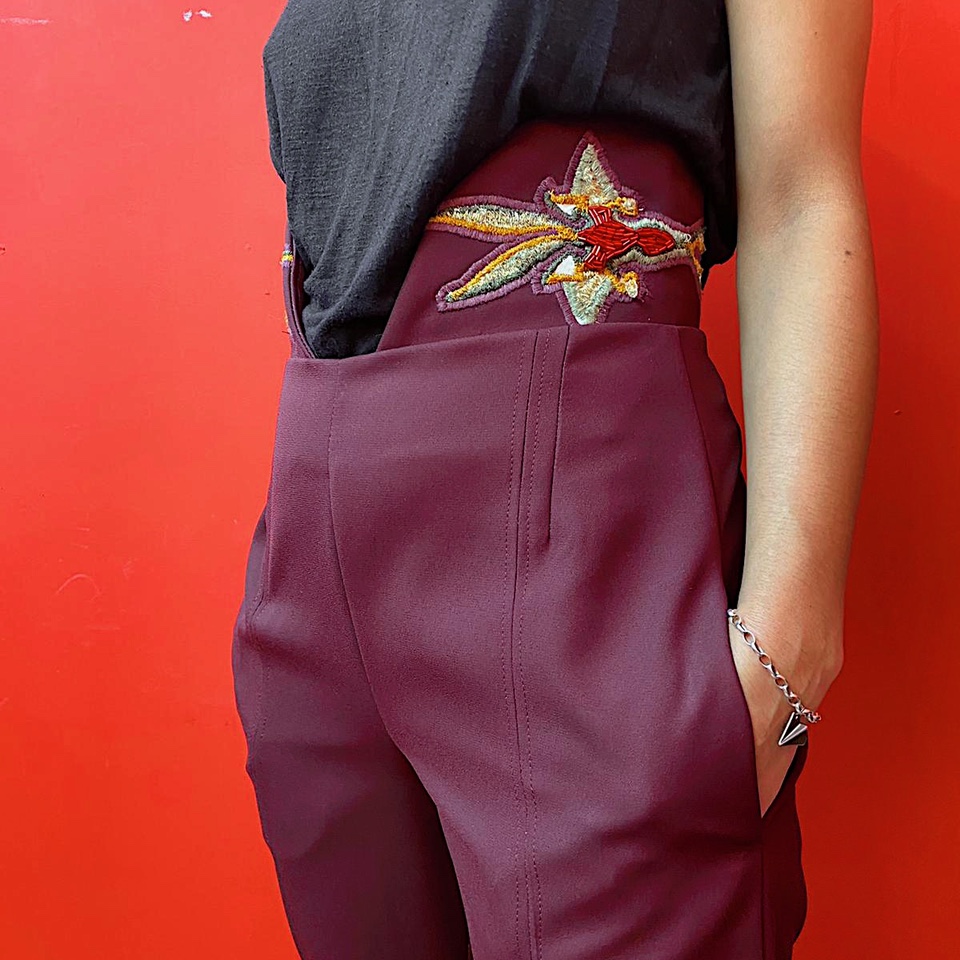If you needed another reason to hate fast fashion: the problem of plagiarism explained
If you’re a fan of sustainable fashion or just like to shop from small businesses you’ve probably heard the million reasons why it’s a good idea to stay away from fast fashion. Although there’s one aspect that’s not talked about often: big brands copying designs from small businesses.Just put yourself in the shoes of an upcoming designer and imagine waking up one morning seeing copies of your pieces on fast fashion websites. Not cool. And it’s more common than you might think. The Giant Chinese retailer Shein is especially known for it. It’s not surprising considering that they released 6000 new products in one day... It happened to knit designer Elizations, sustainable business Elexiai, crochet maker Moon_chain , slow fashion brand indigochilduk and I could go on forever. The huge success of fast fashion mainly comes down to their ability to bring designs to life in a short amount of time (it might just require exploitative labour practices) and at really low prices, which small brands cannot compete with. Stealing designs is common practice in the fashion industry and unfortunately it’s not just fast fashion brands, luxury labels are to blame as well. In 2015 Chanel showcased on their runaway patterns copied from Scottish designer Mati Ventrillon. They later acknowledged their source of inspiration. Gucci too was found to plagiarise the designs of Dapper Dan, a Harlem born artist who then began to collaborate with the brand. This is a big problem especially because it’s often legal to plagiarise styles and designs and given that small businesses don’t have the legal and financial power that big brands have, it’s really a hard battle to win for them. The reason is that the law in the US doesn’t allow companies to copyright ‘useful’ things - such as an item of clothing. One can only copyright a pattern, print or logo. Lawyer and writer Julie Zerbo explains that If the creative elements can be separated from the utilitarian function of the item, those elements can be copyrighted. Complicated right? It gets worse. Fast fashion brands have actually infringed small brands’ trademarks and/or copyrights They might even have a set amount of money each year budgeted to pay legal settlements, Zerbo explains. Patent protection might be the best option for emerging designers, as it protects the “new, original, and ornamental design for an article of manufacture.” Although it’s expensive and it’s not quickly to obtain. Sending a cease-and-desist letter is another option for brands that have been ripped-off and reaching an agreement outside of court is also worth considering. This can mean having the offender removing the plagiarised pieces from their store and paying the original designer a monetary settlement. This is relevant to US designers (and in the UK copyright protection is quite similar) although the European Designs Directive introduced a system of industrial design rights for both registered and unregistered designs throughout the European Union which allows for the protection of garments and accessories in their entirety. Zerbo argues that fashion is so inherently cyclical and it’s so dependent on looking to others for inspiration that claims of plagiarism are inevitable. Although there’s no arguing that for small brands this is detrimental as it makes it hard for them to succeed if their designs are sold in fast fashion stores for much cheaper. Creativity is essential in fashion - as it is for every form of art, without it, diversity is lost and clothes lose their allure and uniqueness. It’s not a coincidence that we’ve started devaluing our clothes as the fast fashion business model began - clothes are seen as disposals and we’ve completely changed the way we buy and dispose of them. From valuable long lasting pieces, clothes are now easily replaceable items that we only use a few times. Fashion is a form of self expression and one of the ways through which we can stand out, differentiate ourselves and showcase our identity I would argue. We must recognise and appreciate the importance of the art and craftsmanship that lies at the heart of fashion. Supporting small brands is crucial to help them thrive in an industry dominated by unethical companies who’ve turned a form of art into pure consumerism. By Gaia Rattazzi




